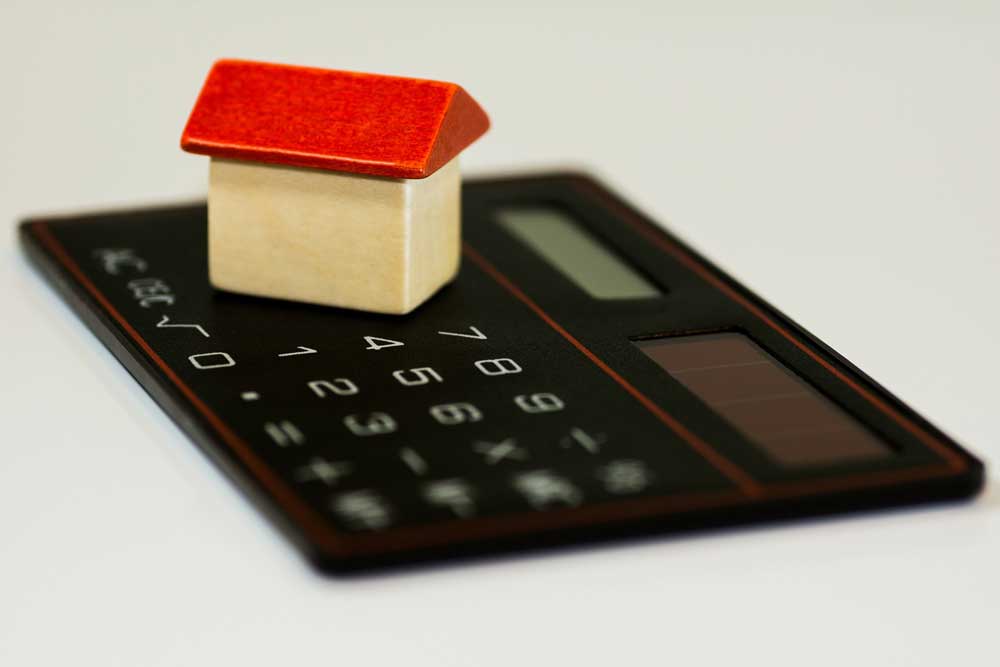It’s been a tough year for everyone; the pandemic has affected many sectors, especially real estate. Lock-downs and curfews are now part of our everyday lives, resulting in fewer people willing to buy and sell real estate.
The future of real estate is uncertain, and yet everyone, whether investors, real estate agents, or buyers, wants to know what will happen in the next decade. Homeowners are struggling to make their mortgage payments, and the unemployment rate remains at an all-time high. Let’s understand the situation and see what the future of real estate might be…
A Recap On What Has Happened

Home sales figures dropped significantly in 2019-2020, showing that homeowners were very hesitant to sell or buy new houses. This is understandable as people were more focused on the more urgent problems caused by the pandemic.
Despite the sharp decline in home sales due to the pandemic, real estate activity began to improve in late 2020, and home sales have rebounded from the peak of the decline. While health concerns may continue to keep sellers out of the market, surveys suggest that overall economic uncertainty and the inability to buy another home are also stalling real estate investments.
Regardless of the economic improvements, there is still an increase in unemployment, and economic uncertainty could continue to affect the housing market. Let’s discover what the predictions for the next decade about the real estate market are.
1. People Are Searching For Space
Because of the pandemic, people want more living space. We’ve seen a considerable increase in demand for residents moving into single-family homes to get more indoor and outdoor space in their homes.
As people spend more and more time at home, outdoor spaces have never been more critical. Buyers are now more inclined towards buildings that are in a park area, and properties that offer a park-like setting provide more comfort for tenants.
2. Significant Shift In Workplaces
With uncertainty surrounding the economy and the pandemic, bigger landlords are looking for shorter leases and managed space. Demand for fully outsourced, customized offices continues unabated, and occupants will reduce reliance on a single headquarter buildings and opt for shorter commitments and lower capital expenditures. With the newer phenomenon of “work from home,” buyers are now looking for additional space in their homes to set up a workspace.
Experienced agents
Today, over 50% of transactions are handled by inexperienced, part-time agents. As clients become savvier, average will no longer be enough, and people will prefer experienced agents who deliver top-notch results. Thus, we will see part-time agents serving fewer transactions, while high-performing agents will continue to organize themselves into teams that broker a much larger share of total transactions.
A rise in interest rates
I believe that the biggest impact on the real estate market will soon come from rising interest rates. There is no way banks can continue to lend at 2% interest rates; it’s not feasible. At some point, reality will catch up with us, and we will return to more historic interest rates. Once that happens, it will become more difficult for buyers to obtain financing, and home sales will slow.
Alternative to security deposits
Apartment operators will replace security deposits and bail alternatives such as surety bonds in favor of solutions that are more affordable for renters and provide financial protection for operators. Americans today live paycheck to paycheck, and security deposits are too expensive. For operators, surety bonds and their alternatives are difficult to manage and do not provide adequate financial protection.
The sector has known a tough time, but the future seems quite bright. Let us know in the comments what do you think about real estate in these pandemic times.




